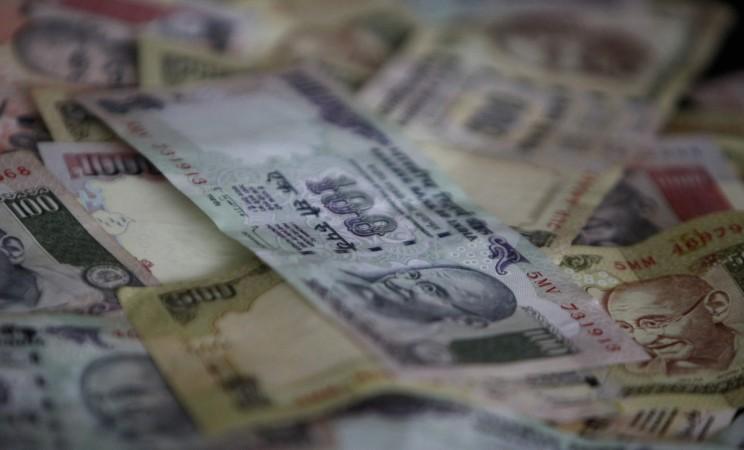
The Narendra Modi government managed to end financial year 2015-16 with more money in its kitty than estimated. Besides, the collection target was exceeded for the first time in eight years.
The gross tax collection was Rs. 14.60 lakh crore, more than the revised estimate of Rs. 14.55 lakh crore and the budget estimate of Rs. 14.45 lakh crore.
"For the first time since 2007-08, the Centre's gross tax collection has exceeded targets — both the one set in last year's Budget, as well as the slightly higher Revised Estimate," said BusinessLine in its editorial Friday.
The buoyancy in tax collection was attributed to the frequent increase in excise duty on petrol and diesel, enabled by falling crude oil prices globally.
"But for the increased taxes on petroleum products, total tax revenues would have been far lower — excise duty on petroleum products alone accounted for about three-quarters of the total central excise duty collections in 2015-16," the editorial explained.
The indirect tax collection (provisional) at Rs. 7.11 lakh crore exceeded the previous year's receipt by about 31 percent, besides surpassing revised estimate by Rs. 9,885 crore, according to a finance ministry statement released Wednesday.
But direct tax collection was lower at Rs. 7.48 lakh crore, lower than the revised estimate of Rs. 7.52 lakh crore, notwithstanding higher dividend distribution tax netted in March as companies rushed to pay dividend during the month to escape the new dividend tax provision introduced in Budget 2016-17.
2016-17 could be tough
The Modi government won't be able to repeat its performance in the current year as it may not be in a position to raise excise duties on petrol and diesel. Crude oil prices are rising globally and therefore similar hikes in excise duties could spike prices, inviting consumers' wrath.
Besides, there are other aspects that could hinder the government's targeted 11 percent growth in tax collection for financial year 2016-17, the editorial said.
"The monsoon is another imponderable, and its performance has a direct bearing on rural demand. Additional cess and restrictions on sale of large diesel cars could also dent the Centre's tax revenues — corporate tax, excise duty on vehicles and fuel, customs duty on parts, all would be affected".

















